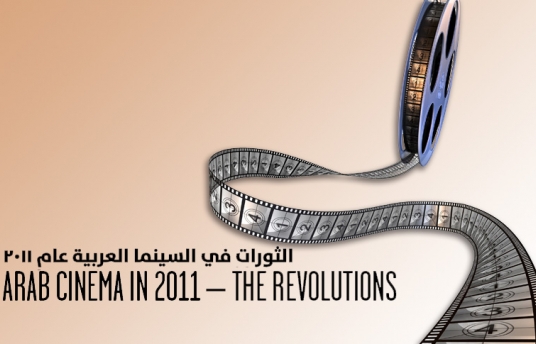Arab Cinema in 2011 – The Revolutions
Dec 27, 2011

Written by Anealla Safdar
A revolutionary year for Arab cinema?
During a tumultuous and often tragic year which began with a Tunisian uprising, it could have been expected that Arab cinema would capitulate with the uncertainty, increased violence and, in some cases, heightened conservatism.
But, there is little point in expecting anything from the year which proved to be completely unexpected and, after all, the revolutions called for greater freedom of expression.
The successful films of the year have not necessarily focussed on the political tension, though. Not only is it too soon for any substantial film depicting this year’s politics to have been made, there are other practical barriers. Egypt is host to many prime filming locations and several projects which were intended to be shot there were forced to postpone or cancel production.
It’s likely that more fiction and documentaries relating to the politics of 2011 will surface in 2012.
The more important question is whether the revolutions will lead to a greater sense of openness when filmmakers attempt to cover more controversial topics.
But one thing is certain: this will remain in history as the year in which the world took notice of the region. Similarly a bright spotlight shined on Arab art, as the international community attempted to understand the people who live in a headline-making region.
The link between cinema and the revolutions has generated intense discussion. There’s the valid observation that the Arab Spring has influenced filmmakers, the hope that the hype could create an industry-wide boom and even an argument that films were, at least in part, a motivating factor for the revolutionaries.
Aside from the obvious and immediate effect of a greater number of documentaries produced from the year of revolutions, such as Tahrir 2011: The Good, The Bad and The Politician, directed by four Egyptians, it remains to be seen just how great the impact will be.
Speaking to the BBC during the third Doha Tribeca Film Festival, the Egyptian actor Khaled el-Nabawy perhaps summarised the hopes and thoughts of many, that film will not only boost art but also impact the economy.
“We need to express what happened in the Arab Spring,” he said. “As an Egyptian I want to tell our story to the world…Cinema is not just entertainment. It also creates jobs. This is our life. It must go on.”